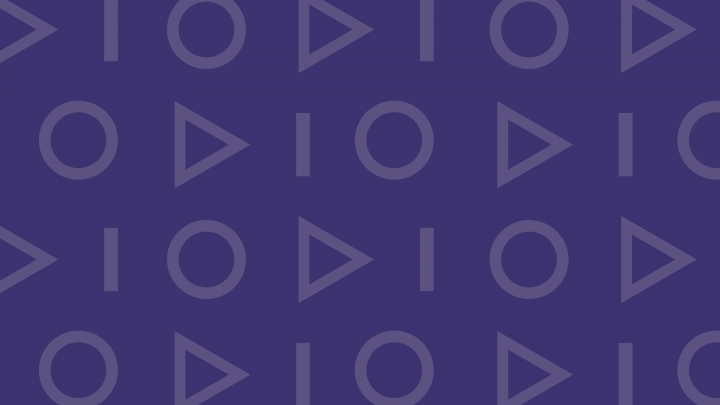We received ethical approval from JKUAT’s Institutional Scientific and Ethics Review Committee to conduct research in Kenya at the beginning of 2023. The initial round of data collection was conducted in June and August.
article
Initial insights from the research in Kenya
Prior to data collection, the Kenyan research team organized a National Stakeholders’ Sensitization workshop and a Project Inception workshop. The research team is led by Dr Nassib Tawa from the Centre for Research in Spinal Health & Rehabilitation Medicine and Co-PI, Dr Naomi Kingau from Moi University. The sensitization workshop, held in April 2023, was to identify and engage with key national stakeholders for rehabilitation in Kenya whose support will ensure successful implementation of the DIRECT Project. Heads of Rehabilitation from governmental institutions, officials from all rehabilitation professional societies, the Kenya Institute of Special Education (KISE) and Heads of Rehabilitation in the participating Counties, as well as Heads of Rehabilitation from the National and County Teaching and Referral Hospital participated in the workshop.
The inception workshop in May 2023, was in hybrid form. Participants and presenters included key stakeholders from the previous workshop, representatives from Jamk, including the community manager from Rwanda, Physitrack, and Humanity & Inclusion. The workshop introduced telerehabilitation in a global context, including some of the digital solutions, the key concept of digital rehabilitation and the ongoing DIRECT research activities in Rwanda. In addition to the deployment plan for research activities in Kenya, presentations about the digital health division of the Ministry of Health and examples of digital solutions implemented in Kenya during Covid-19.
Michael Oduor from Jamk travelled to Kenya for the initial round of data collection in Machakos, Kisumu and Nairobi Counties at the beginning of June. While there, he held discussions with Paula Konttinen and Elisha Gura from Fida International and then jointly with the JKUAT research team about further opportunities for collaboration in enhancing access to rehabilitation. Ms. Konttinen is the Program Manager for East African Development Cooperation and Mr. Gura is the Country Program Coordinator for Kenya. Dr Oduor also held discussions with the National Chair of the Association for the Physically Disabled of Kenya (APDK) and visited the association’s Nairobi Branch.
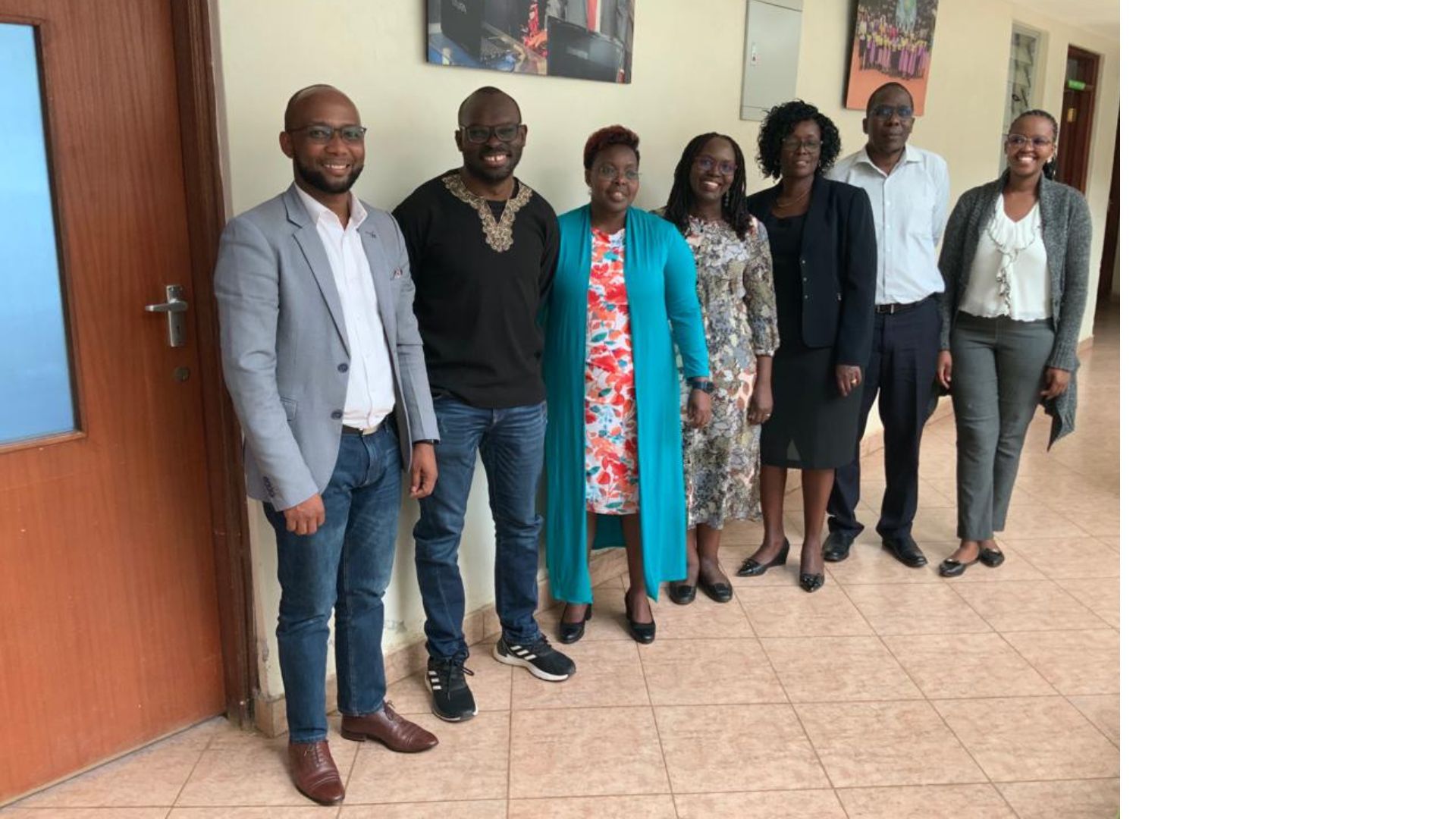
Meeting with the Kenyan research team and representatives from Fida International at JKUAT
The first phase of data collection in Kenya aimed to assess the state of rehabilitation services from the perspective of professionals and service users. We interviewed 53 professionals and 51 service users at different institutions in 3 counties with low-, middle- and high income levels: Isiolo, Machakos and Kisumu. National Government identified the counties during piloting of the Universal Health Coverage (UHC) program. Data collection was preceded with an information session with the County Health management teams (CHMT) in the 3 counties. Through these sessions, the research team was made aware of the existing technology in the hospitals and gave a brief on the project and similar ongoing activities in the Republic of Rwanda. We also interviewed 9 community health volunteers in Nairobi. Nairobi, Machakos and Kisumu's data collection was in June, and Isiolo in August.
We conducted all professional and service user interviews at the institutions we visited. We had planned to interview at different health system levels, but only managed to do so at the higher ones due to time and logistical constraints. In Machakos, we interviewed at the Level 5 County Hospital and a Level 4 sub-County Hospital.
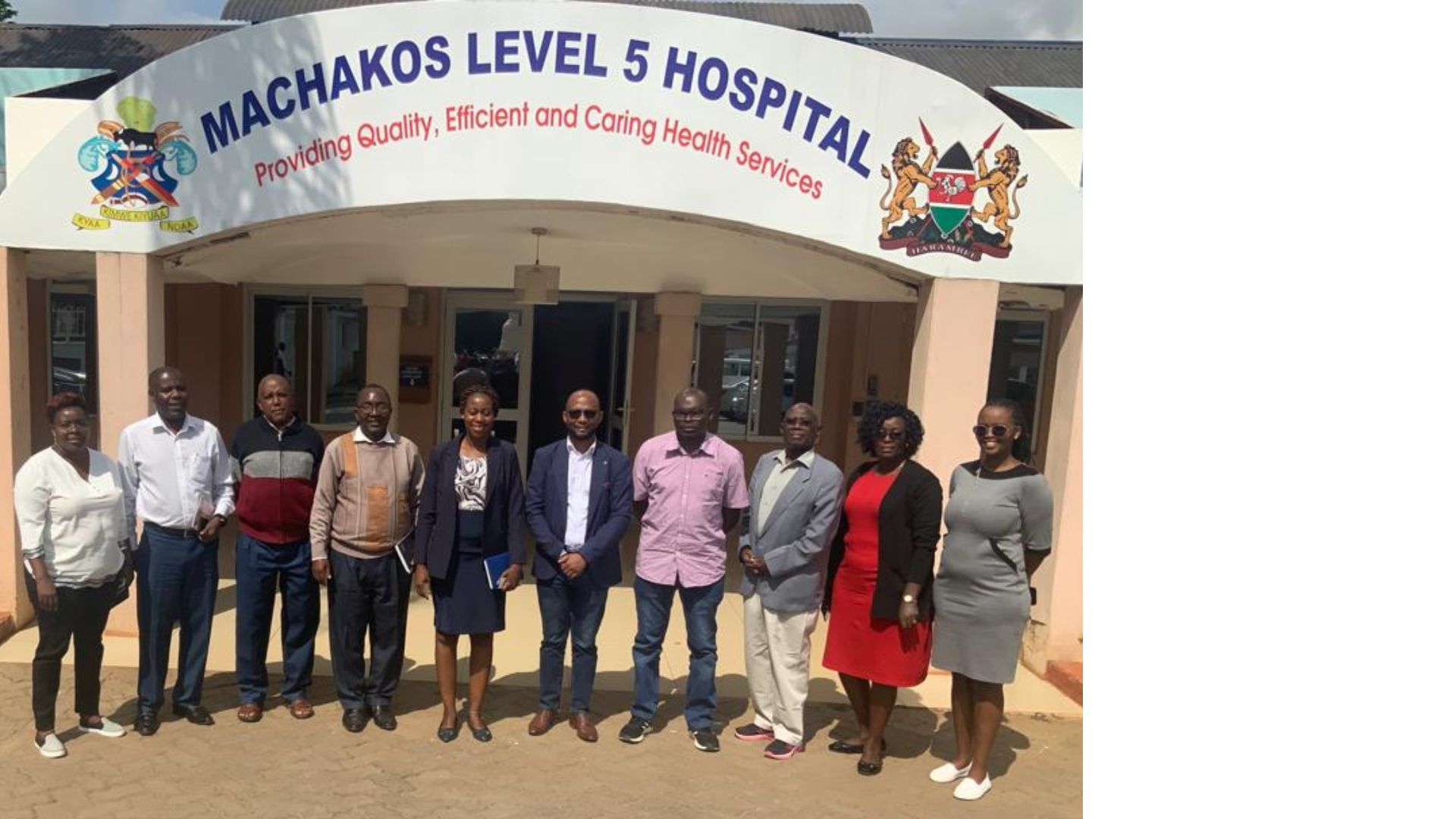
Machakos County Director for Health and Heads of Rehabilitation Units at the County Hospital with the Kenyan research team
In Kisumu, the interviews were at Jaramogi Oginga Odinga Teaching and Referral Hospital (JOOTRH), the County Referral Hospital and at a Level 3 sub-County Hospital.
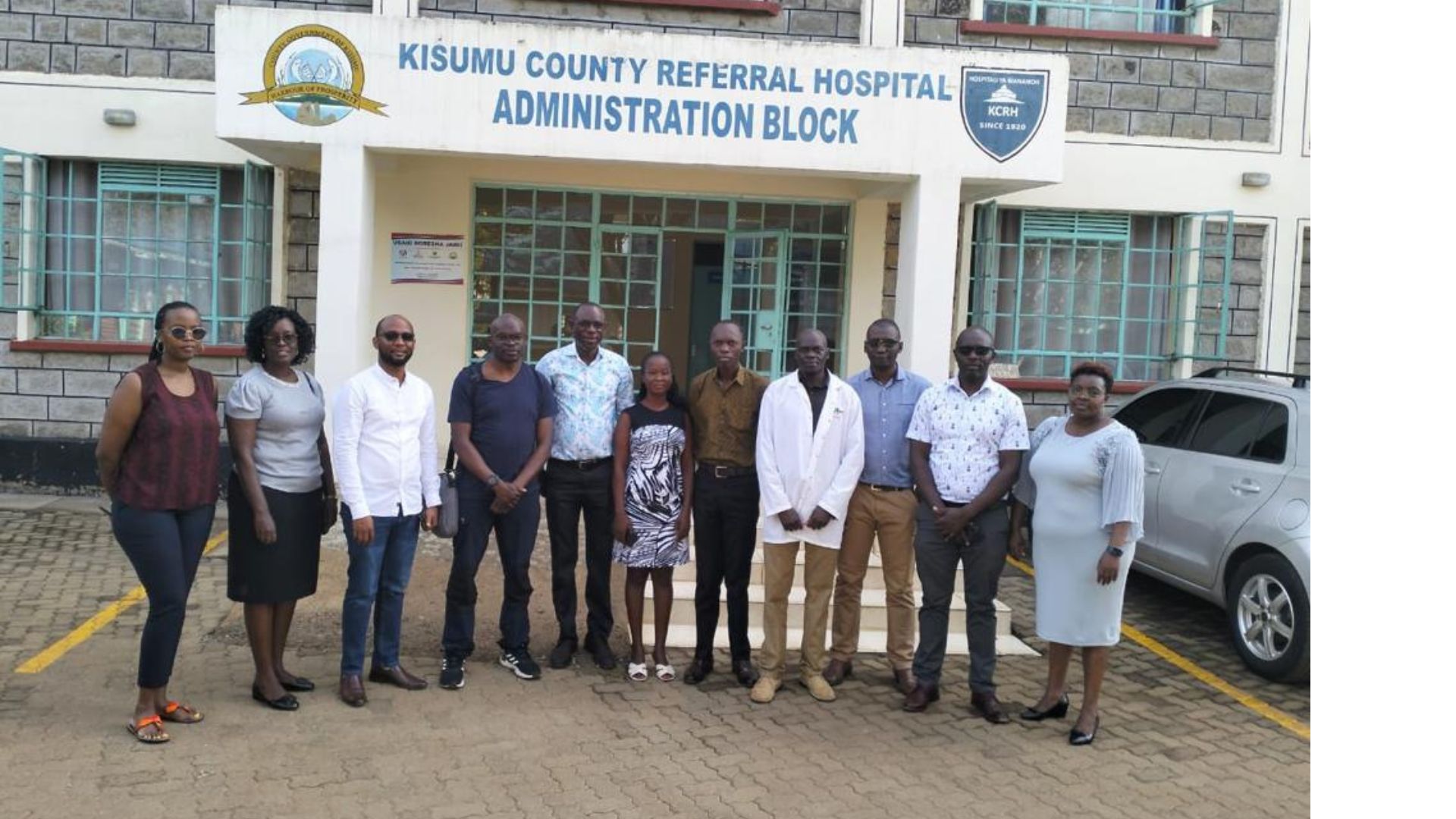
Meeting with the Administrative Director and Rehabilitation Professionals at the County Referral Hospital in Kisumu
In Isiolo, the Kenyan research team went to the County Referral Hospital and Almasi Children’s Village, a Community Home for Children with Disabilities.
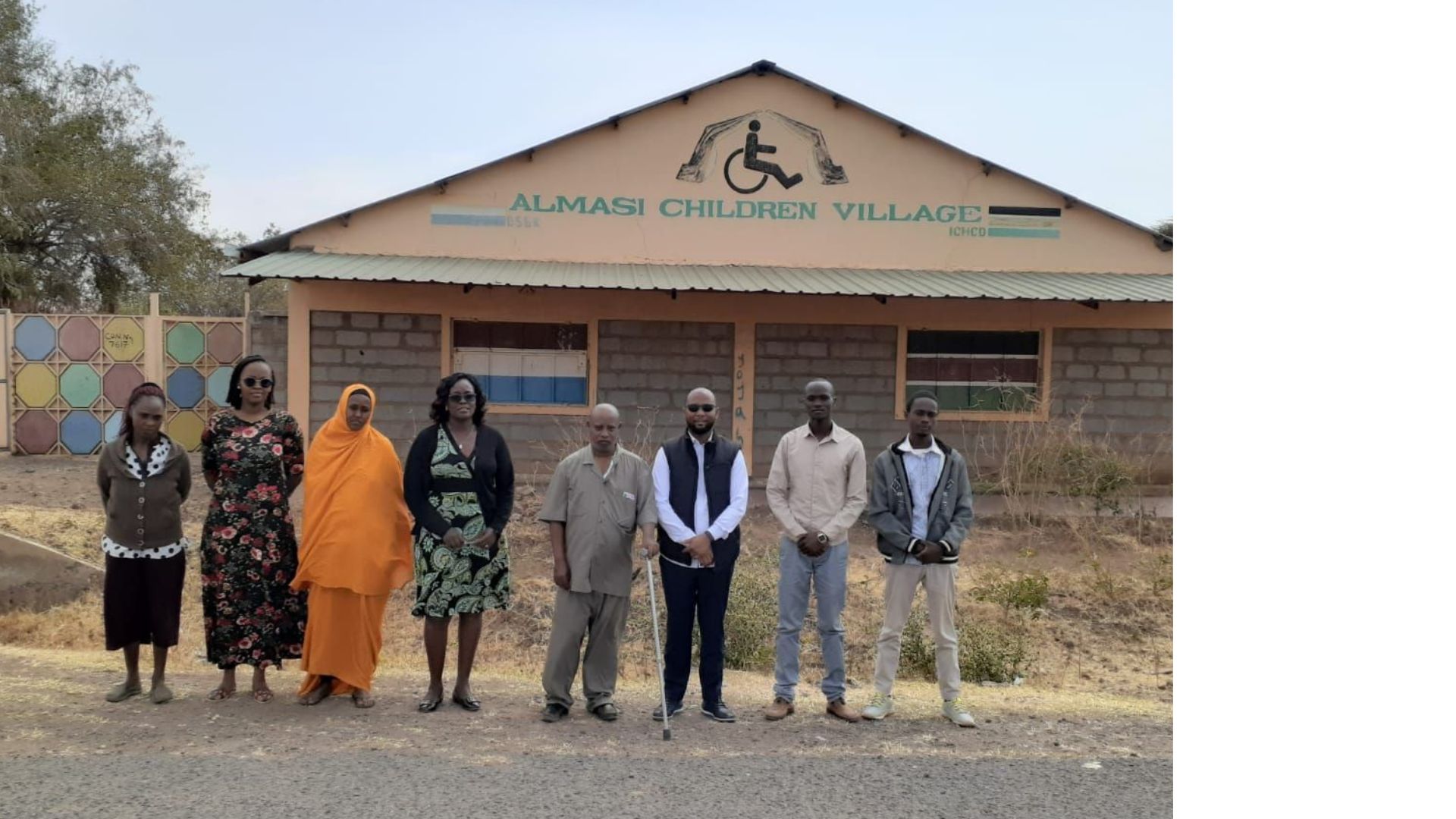
Meeting with Rehabilitation Professionals at the Almasi Children’s Village
Initial insights from the interviews point to the possibilities digital services offer to support and enhance access to rehabilitation and the enthusiasm there is, among professionals and service users, for integrating these services. However, key issues related to rehabilitation staff shortage, limited digital skills training and lack of resources need addressing.
More details about the initial research activities in Kenya and the future plans will be published during the Autumn 2023.
